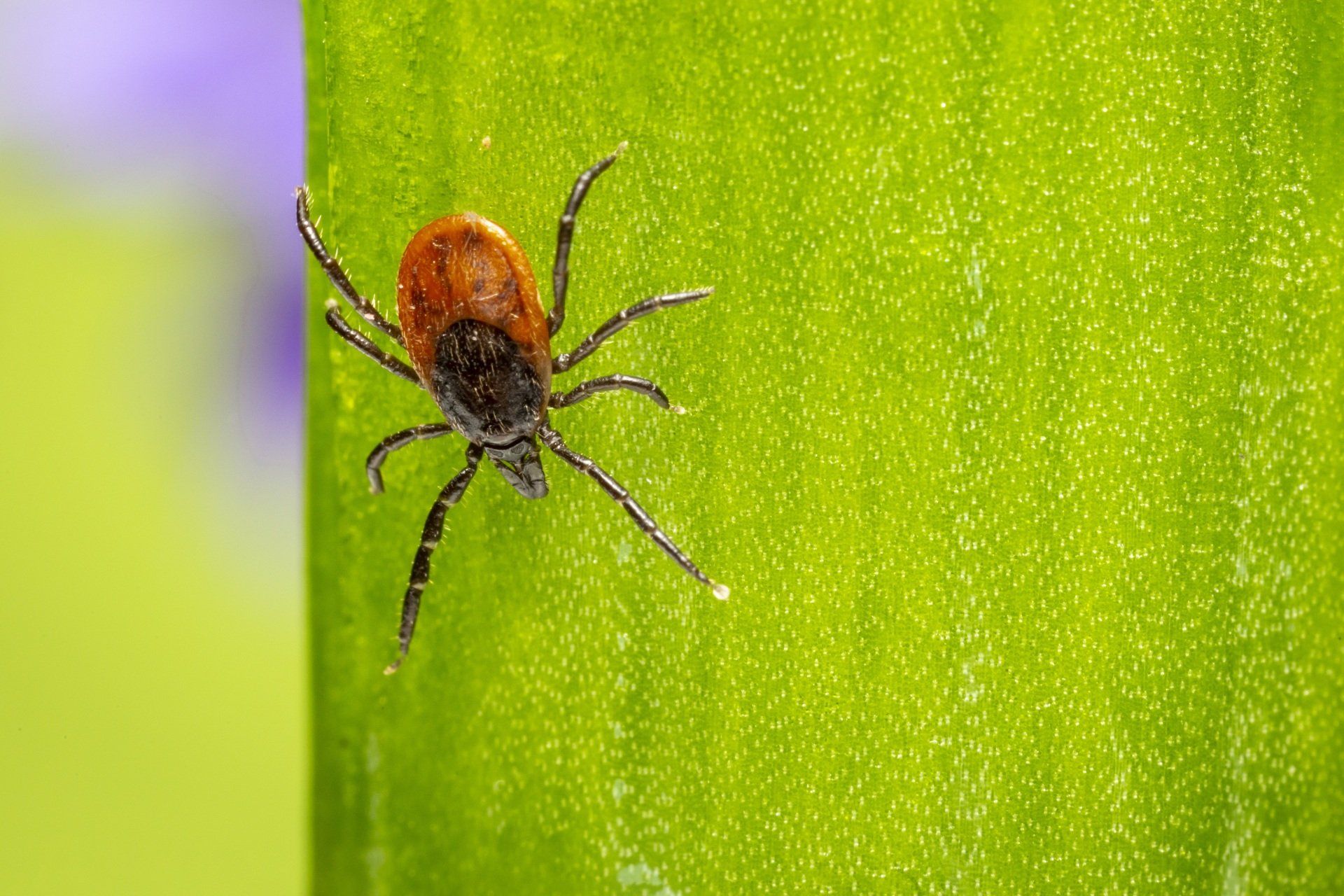Lyme FAQs
What is Lyme disease?
Lyme disease is a complex that is caused by a bacteria, called Borrelia Burgdorfei. This bacteria is a type that is called a spirochete. Spirochetes are shaped like coil or spring and tend to embed their way into tissue. This makes the bacteria challenging to treat.
How does my dog get Lyme disease?
Lyme disease is transmitted by the black legged tick (A.K.A. the deer tick). This tick transmits the bacteria through a bite wound when it goes to take a meal of blood from your dog. The tick must be adhered to your dog for at least 24 hours to transmit the spirochete.
Yes, the first case of Lyme disease in Ohio was documented in 2011 and has been on the increase ever since.
Is Lyme Disease Treatable?
The short answer is Yes. This can often be treated using one or more antibiotics. Often times, a combination of two antibiotics is used to clear the bacteria. It usually takes 4 weeks or more to treat the infection.
Can Lyme disease be fatal?
Unfortunately about 2% of dogs get a kidney disorder from the disease. This kidney disease, nephritis, can damage the kidneys very quickly and permanently. This leads to either death or the option of humane euthanasia.
Can Lyme Disease be prevented?
Yes. There are two ways to prevent Lyme disease, neither of which is 100%.
The first way is to prevent the bite in the first place. We recommend year round tick prevention, using a newer generation of flea and tick control. At the time of this article, we recommend Bravecto , which is a three month chewable pill for fleas and ticks. We also recommend Credelio , a one month chewable. There are a number of other good preventatives out there, including Vectra 3d. The Fipronil based products, which include Frontline Plus, have lost the majority of their efficacy in Ohio against fleas. For this reason, we have stopped recommending these products.
The second method used to prevent Lyme disease is through vaccination. We highly recommend protecting your dog with this vaccine.
If there are two ways to prevent it, can I just use one method?
Unfortunately the answer is No. The best vaccines on the market have around a 97% efficacy in controlled studies. This is a good protection level, but not high enough. The regulations for an external parasite prevention is that it must prevent at a level of 94% to get a label claim. This is also not high enough, so we recommend both modes of prevention to best protect your pet.
If you have more questions or concerns regarding Lyme disease, please call our office to set up an appointment or to discuss this issue further.
Article composed and edited by Dr. Jeffrey R. Fink








